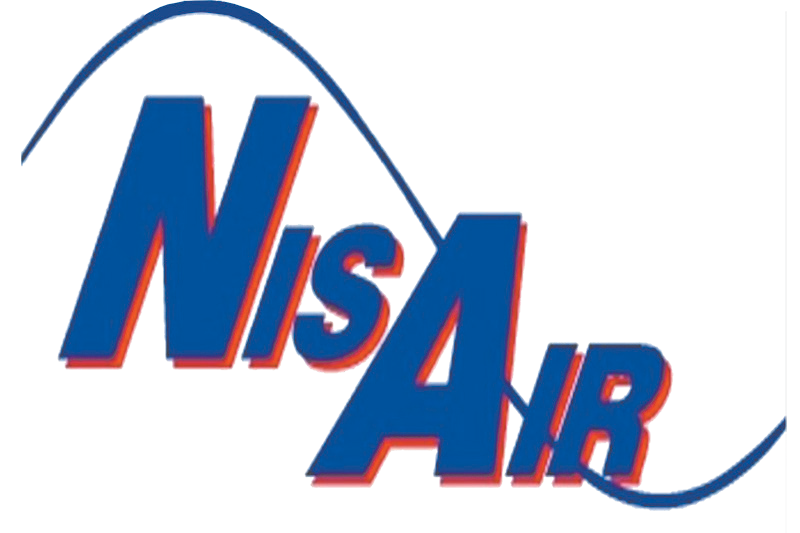Uncovering Those Energy-Efficiency Trouble Spots Doesn’t Take a Private Eye–It Just Takes a Good Eye
It’s important to pay attention to how energy efficient your home is. Energy inefficiencies cost you money on energy bills and can be relatively cheap and easy to remedy. The first step in improving the efficiency of your home is figuring out where the inefficiencies lie. The most thorough way to find inefficiencies is to hire an HVAC professional to perform a home energy audit, but you can begin to get an idea of your home’s efficiency by examining these common energy-efficiency trouble spots.
- Duct sealing: Make sure duct joints are well-sealed and that ductwork is free from damage and other leaks. Much of your ductwork will likely be inaccessible and only able to be inspected by a professional energy audit.
- Duct insulation: Ideally, ductwork should be placed within the insulated areas of the home, but this is not always possible. If you find any ductwork outside of the insulated area of your home, you should make sure it is well-insulated.
- Attic insulation: The attic is often the easiest area to inspect and add insulation. It’s also the most important. Heat rises, so attic insulation helps keep your home warm during cool weather. More importantly for our climate, insulation plays a key role in helping your air conditioner in the summer by keeping the intense heat that develops in the attic from progressing into your home.
- Windows: If you only have single-pane windows, you’ll want to invest in storm windows to improve the insulation they will have against heat transfer. You’ll also want to make sure windows, especially west-facing ones, are shaded to prevent sunshine from heating the interior of your home. Another option is to apply a film that reduces heat gain by reflecting a portion of the sun’s radiation.
- Lighting: Incandescent lights are extremely inefficient. They are especially bad during hot weather because they add significant amounts of heat to your home. Replace them with compact fluorescents or LEDs.
If you want a thorough examination of your home’s energy-efficiency trouble spots, contact the experts at NisAir Air Conditioning & Heating for a home energy audit. We serve the counties of Martin, Palm Beach and Indian River.

